What can you do to end poverty for all?
That can be a difficult question to ponder when you may be a paycheck away from poverty yourself. According to the Federal Reserve, one out of eight Americans say they’d be unable to pay for a $400 emergency by any means.
California is the fifth largest economy in the world, bigger than most countries. Amid so much wealth and opportunity, you should expect that the work force can do well.
In the past, that was true. The backbone of California’s middle class, state workers benefited from fair wages and good benefits. They were able to keep hard times at bay while lifting up all of California.
Today, most everybody is struggling. We live farther and farther away from work. People have to make choices. It affects where they live, how they live. And that “emergency expense” may be something as likely as increased health care premiums.
When you live in the fifth largest economy in the world, nobody should be reduced to living in poverty. Yet last year, California had the highest poverty rate in the country.
Take for example Debra and Kellie, two state workers. “As a single woman in my 60s in a high cost of living area, I am currently working two jobs to make ends meet,” Debra said. “I live in a studio apartment and my rent takes half my take-home pay. Any increased costs to my health care premiums would essentially assure that I not only would barely survive month to month, but may put me out of my apartment and essentially make me homeless.”
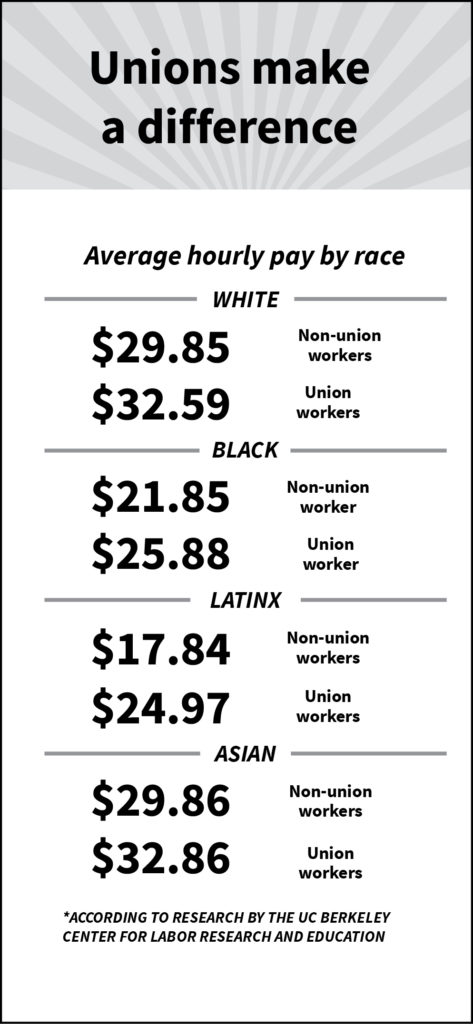
“Living on the Central Coast of California has kept my family near the brink of financial disaster for years,” said Kellie, who provides her family’s only income. “Living from paycheck to paycheck and praying that nothing breaks that will cost me extra money is incredibly stressful.”
It shouldn’t be a decision of shuffling cards with our lives, choosing between health care, clothing, food, air conditioning, heat. That’s a choice we shouldn’t have to make.
Because there’s not a wealth problem in California; there’s a distribution problem. By choice — of corporations and politicians — so much of that wealth never trickles down to the people who need it most. Nearly one in five children in California lack resources to meet their basic needs. Overall, almost four out of every 10 Californians are living beneath or near the poverty line.
For the last 60 years, conservative politicians and wealthy corporations have implemented what’s known as the Southern strategy to hold onto their wealth and reduce our political power by pitting poor white, black and brown people against each other. We should be united as allies in a common cause — ending poverty — but Republican politicians keep us at odds and in turn keep us from organizing together and winning elections. Playing off centuries-old racial resentment, it worked 60 years ago and, as we’ve seen, is still working today.
Reverend Dr. William Barber of North Carolina is leading a different approach that is challenging this strategy and winning political elections and policy campaigns by bringing people together and strengthening their power.
My vision is to end poverty in California. We can make changes to distribute resources differently, like reducing the profits drug companies extract from our economy and lowering health care costs. We can vote to cap rent increases and make housing affordable. We can join together to lower childcare costs and make college more affordable. A key part of this pathway forward is fighting for racial justice and welcoming immigrants, ensuring that we have the political power to make these changes that benefit all of us.
California now has another choice. We can set an example for the nation and take up that banner to end poverty. If we succeed, that would truly make our state a California for all.
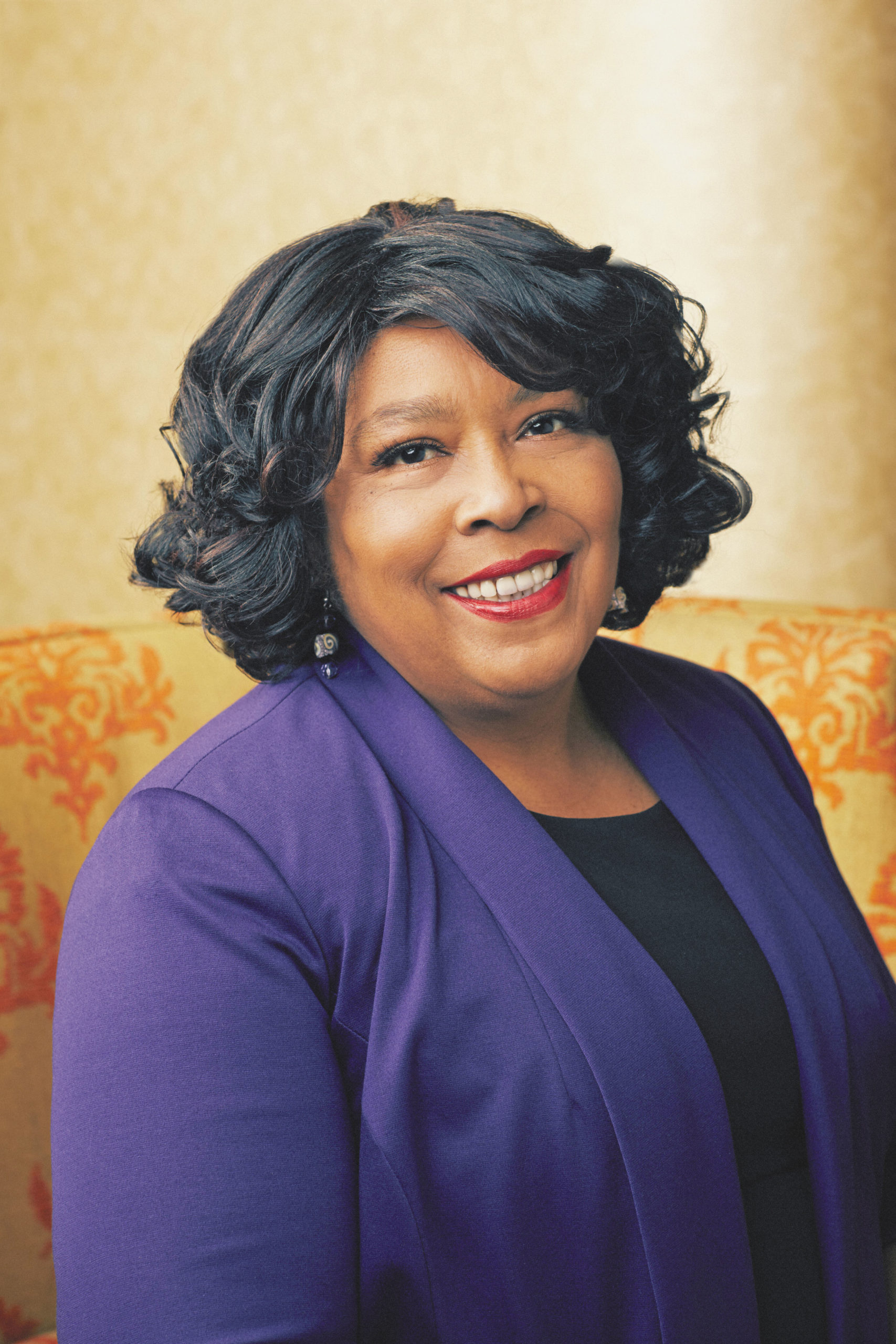
president,
SEIU Local 1000
PHOTO COURTESY OF SEIU local 1000

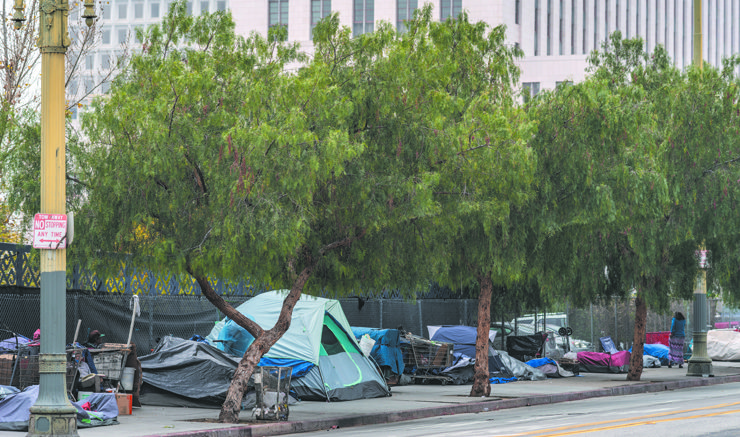

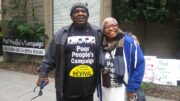
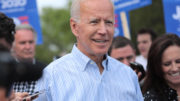


























Be the first to comment on "Yvonne R. Walker: Economic Justice"